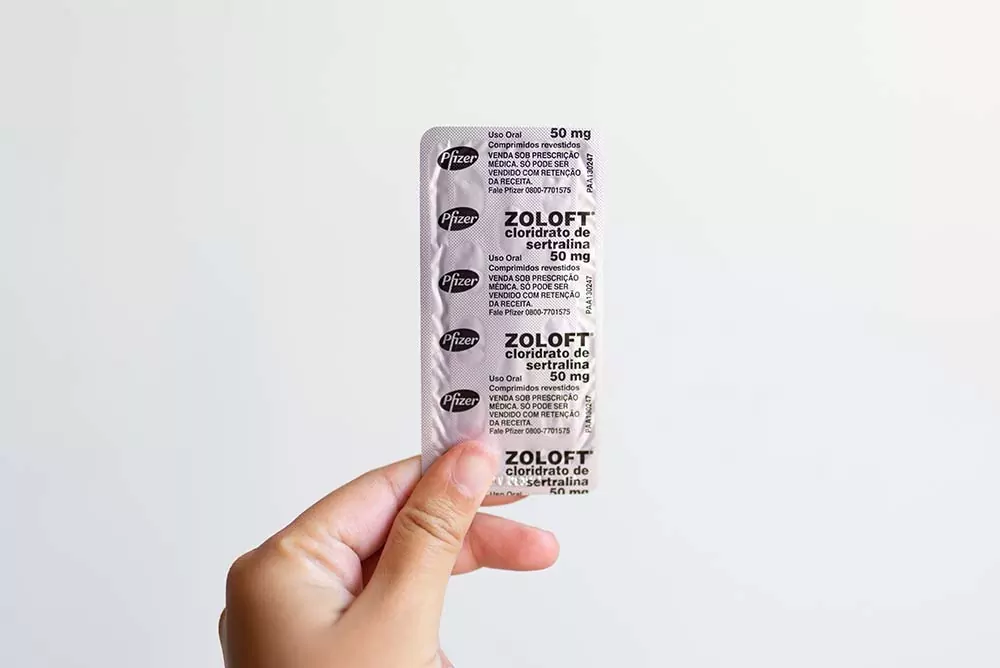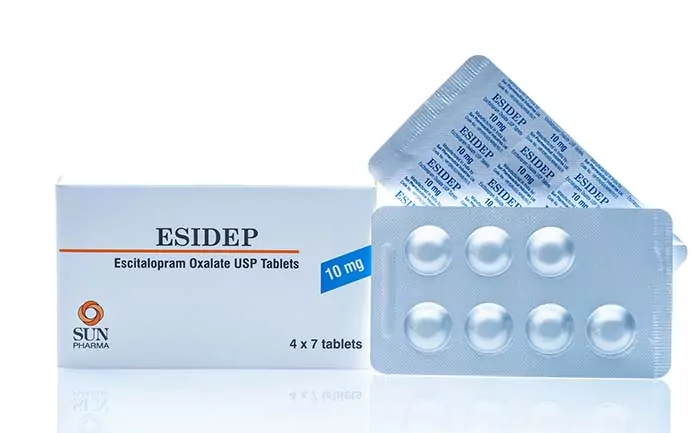Prozac belongs to the selective serotonin reuptake inhibitor (SSRI) class of antidepressant medication and is often used to treat a variety of mood and anxiety disorders. While it is advised to continue taking your antidepressant medication, if effective, for someone taking the medication long term and wants to get off, has side effects that are not able to be tolerated, or is not having improvements on a therapeutic dose, stopping the medication may be an appropriate choice. However, getting off any medication has risks and SSRIs in particular can have a discontinuation syndrome if not properly tapered off.
According to a review of studies on the incidence of antidepressant discontinuation syndrome, more than half of people going off antidepressants abruptly can experience symptoms. However, fluoxetine is less likely to lead to withdrawal symptoms as compared to other antidepressants. This is because it has a long half-life, or stays in your system longer, which prevents a more abrupt change in levels in your body.
If you plan to stop taking Prozac, continue reading to know what to expect, including the types of symptoms commonly experienced and how to come off Prozac safely to minimize the occurrence of symptoms.
As stated above, Prozac, also known as fluoxetine, is a selective serotonin reuptake inhibitor (SSRI), which is a class of medications that increase serotonin levels in the brain. Stable serotonin levels can improve sleep, memory, appetite, mood and anxiety. Prozac in particular is FDA-approved to manage the following disorders:
In addition, the medication can be prescribed off-label to treat symptoms of a number of additional disorders including generalized anxiety disorder, social anxiety disorder, posttraumatic stress disorder, binge eating disorder, body dysmorphic disorder, premature ejaculation, and selective mutism, or struggling to speak in certain social situations.
Symptoms that Prozac has most evidence of treating are outlined below:
To note, many individuals who find Prozac to be a good match for them find relief within 2-6 weeks on an optimized dose as it can take time for the brain to adapt and improve symptoms.
Trying to adjust dosing or stop taking Prozac can lead to withdrawal symptoms, especially when completed without the assistance of a mental health professional. It is thought that an abrupt decrease in serotonin levels can lead to these symptoms, so it is safest to follow a tapering plan. To note, symptoms resolve over time, are not life-threatening, and are reversible with proper adjustments to tapering.
Common symptoms of antidepressant discontinuation syndrome include the following:
Physical symptoms
Psychological symptoms
While some of these symptoms are similar to those experienced in cases of anxiety and depression, they do not necessarily signify a relapse. However, without proper management, the risk of relapse is still present. For individuals coming off Prozac, uncontrolled depression symptoms can develop again and even escalate to suicidal ideation or self harm, seen more often in children and adolescent populations.
If you experience suicidal thoughts, you should seek professional help immediately. For help to overcome suicidal thoughts, you can call 988 Lifeline to talk to a counselor. 988 is a suicide and lifeline crisis network available 24/7. It provides free and confidential support to people in distress (emotional and suicidal crisis).
As stated previously, Prozac is one of the antidepressants with the lowest withdrawal risk due to its long half-life lessening the amount in your system more slowly instead of abruptly. If you do experience withdrawal symptoms, how long they last may vary depending on the duration you’ve been taking the drug and the dosage amount. Usually, the symptoms last at most up to two weeks, but they can sometimes last longer with Prozac since it can stay in your body for longer periods of time.
Should you feel like you need to stop taking Prozac, you should consult your healthcare provider about it and work together on a tapering plan. Update your prescriber on any side effects or worsening of mood/anxiety you may experience.
At Eleanor Health, we provide comprehensive and compassionate care for members struggling with substance and alcohol use disorders. Many people use substances to lessen mental health symptoms and we can help provide you with support, guidance, therapy and assistance managing medications to best stabilize without the need for drugs or alcohol. Contact us and let us work with you on improving your mental health.
 What does Zoloft do? (Sertraline)
What does Zoloft do? (Sertraline)
 Lexapro Withdrawal Symptoms
Lexapro Withdrawal Symptoms
 Medication For Anxiety and Depression Medication: A Guide
Medication For Anxiety and Depression Medication: A Guide